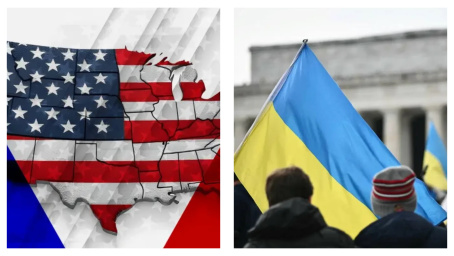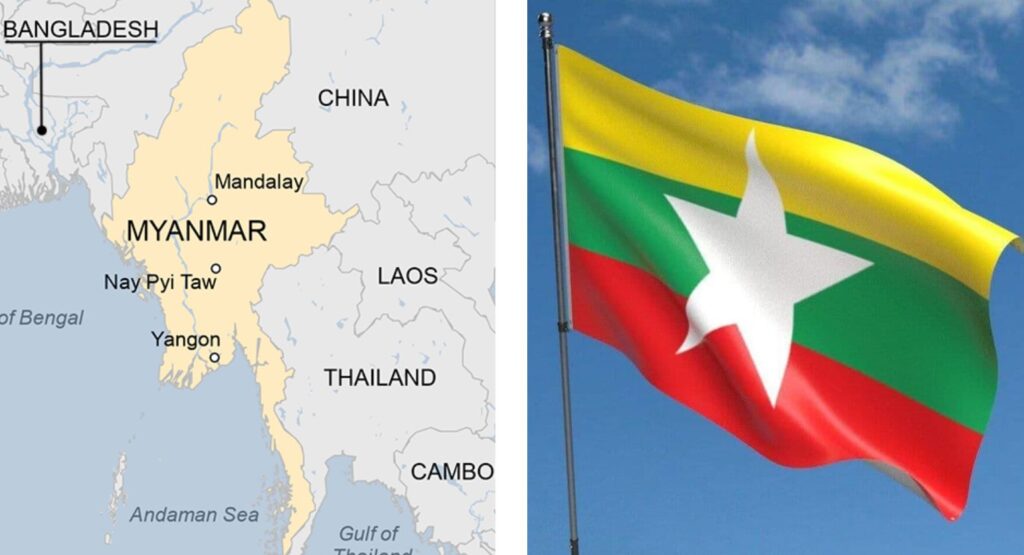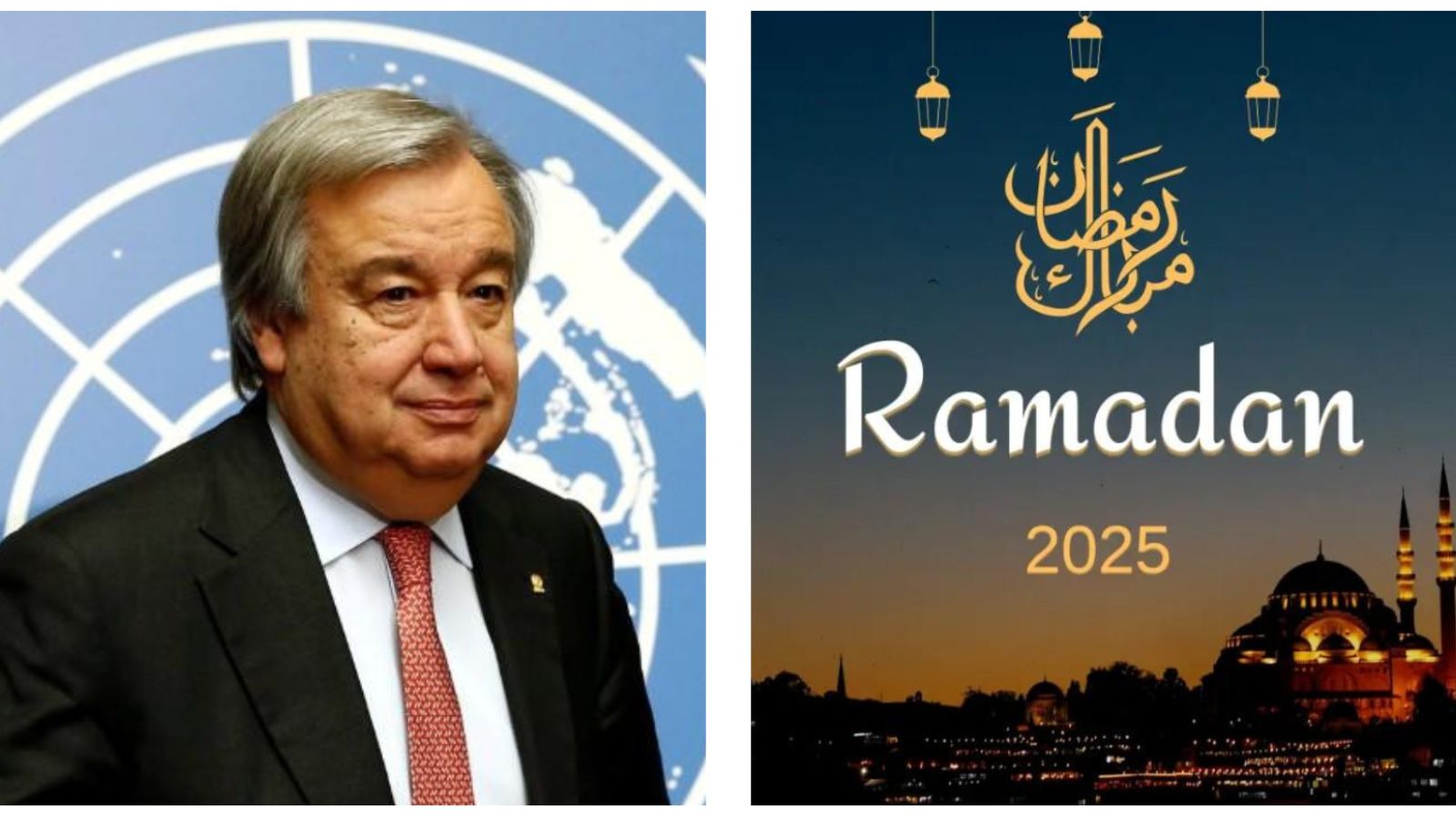By Jacinth Banite
Muslims in many parts of the world marked the beginning of Ramadan on 28 February with traditional crescent moon sightings, while others will celebrate the start of Islam’s holy month on 2 March.
As the Islamic community commences a period of fasting, prayer, and reflection, the leader of the United Nations, Antonio Guterres, has made a renewed call for peace and justice.
From Gaza to the Sahel and beyond
In a video message released on 27 February, UN General Secretary Guterres described Ramadan as an embodiment of the “values of compassion, empathy and generosity”, an “opportunity to reconnect with family and community”, and “a chance to remember those less fortunate”.
The 75-year-old then expressed “a special message of support” to those who will spend Ramadan “amid displacement and violence”, with special mention of conflict-torn Islamic territories.
“I stand with all those who are suffering. From Gaza and the wider region, to Sudan, the Sahel and beyond,” he said.
“I join those observing Ramadan to call for peace and mutual respect.”
“In this Holy Month, let us all be uplifted by these values and embrace our common humanity to build a more just and peaceful world for all.”
READ MORE: International news: US refuses to support Ukraine at UN

World’s largest refugee camp houses Muslims
Ramadan comes at a time when Islamic communities across the globe are grappling with widespread violence and persecution that have led to a massive Muslim refugee crisis across North Africa, the Middle East, and Asia.
Bangladesh in South Asia currently operates the world’s largest refugee camp for Rohingya Muslims, a stateless ethnic group whose origin can be traced back to Myanmar’s Rakhine state.
In 2017, more than 740,000 of them fled the Buddhist-majority nation and landed in the coastal Bangladeshi town of Cox’s Bazar due to an alleged military crackdown, which is now the subject of a genocide investigation by the United Nations.
The Rohingya displacement from Myanmar then worsened following the military’s seizure of power in 2021, an event that led to an ongoing armed conflict in Rakhine and the enforcement of a mandatory military-service law.
Today, approximately 1.2 million Rohingya Muslims are crammed into a 13 km2 camp called Kutupalong in Cox’s Bazar.
YOU MAY ALSO LIKE: International news: ‘Someone is watching’ – IIMM chief on Myanmar conflict

Guterres makes solidarity visit to Bangladesh
The Rohingya people will be the subject of Guterres’ visit to Bangladesh from 13 to 16 March, following a special invitation by the Chief Adviser of Bangladesh Muhammad Yunus.
Gutterres confirmed his upcoming Bangladeshi visit in February and reiterated his growing concern regarding the influx of Rohingya refugees in the South Asian country.
“I will continue to exercise my good offices, including through my Special Envoy on the Republic of the Union of Myanmar, to work closely with regional actors, the Association of Southeast Asian Nations (ASEAN), and other stakeholders towards a political solution to the crisis in Myanmar, including creating conditions conducive to the safe and voluntary return of the Rohingya to Rakhine,” the UN leader said in a press release.
Julie Bishop is currently the UN Secretary General’s Special Envoy on Myanmar.
From 23 to 24 February, the Australian diplomat embarked on a two-day visit to Bangladesh to address the Rohingya crisis.
She insisted on the importance of intervention by the international community in addressing the refugee situation and conveyed her support for Yunus’ proposal to hold a UN conference on the matter.
READ NEXT: Egyptian minister Rania Al-Mashat promotes ‘country ownership’ for climate investments
